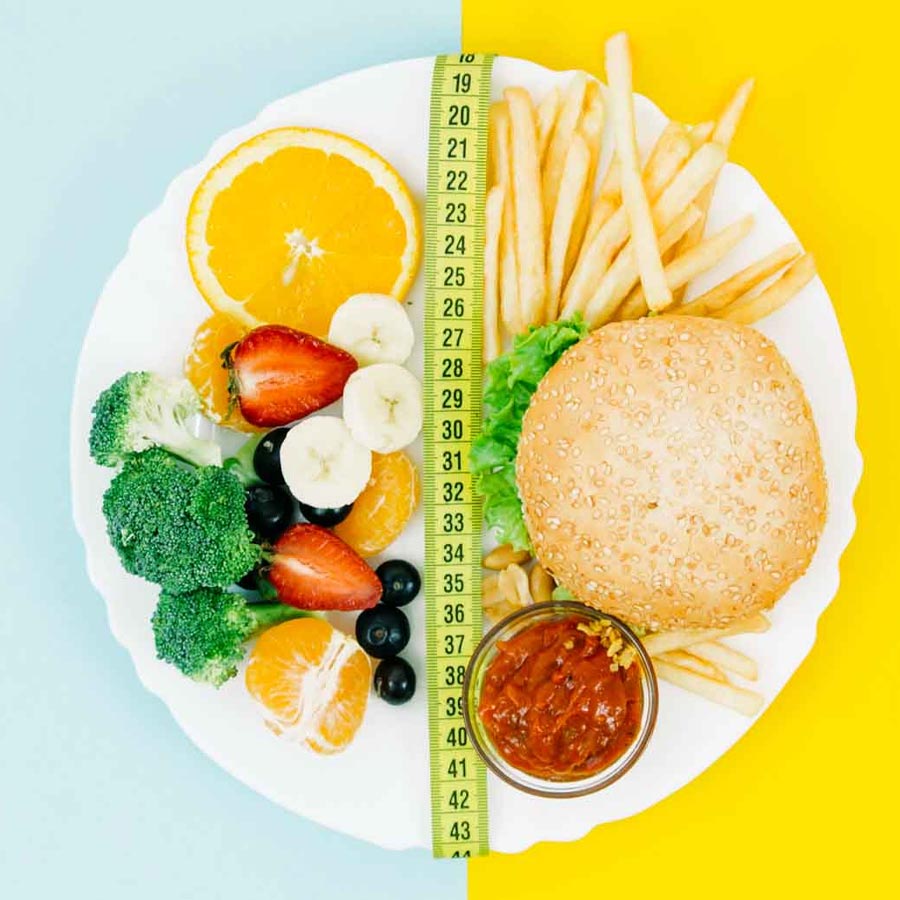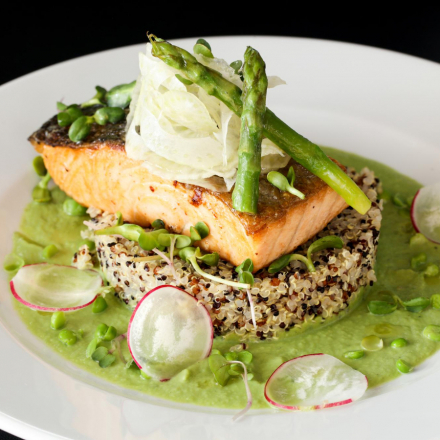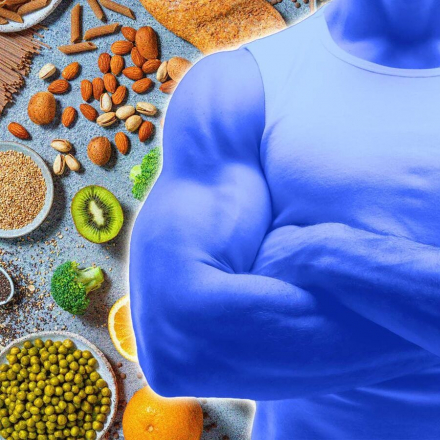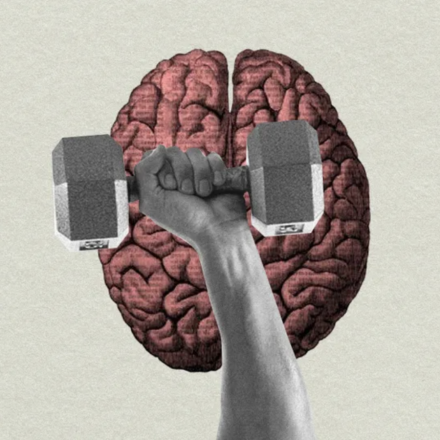In today's world, flooded with advice from pseudo-experts, bloggers, and info-marketers, the sheer volume of suggestions can be overwhelming. Following all of them could drive anyone crazy. Especially if one hasn’t obtained the necessary qualifications or verified the credibility of the information but continues to insist on a viewpoint stated by someone online.
Due to ardent believers in what is written on the fence, many misconceptions are taken as absolute truths. Let’s debunk some of these myths about healthy foods.
Myth #1: Sea Salt is Healthier Than Table Salt
With the rise of healthy eating and organic products, labels boasting “Healthy Sea Salt” have flooded store shelves. But is it really that beneficial?
Dietitian Miho Hatanaka, creator of the ZEN Integrative Nutrition & Health project, explains that sea salt contains as much sodium – the key component often praised over table salt – as table salt does. Sodium is essential for the body's normal functioning, so cutting it out is not wise. Sea salt does contain other nutrients like magnesium, calcium, and potassium, but in such minimal amounts that it's easier to get these from other sources. Table salt, on the other hand, often has iodine added, which helps prevent health issues such as goiter and cognitive disorders.
Myth #2: Dried Fruits Have Fewer Calories Than Fresh Fruits
Another myth is that dried fruits are lower in calories compared to fresh fruits. This is not true. Comparing the calorie content:
Fresh banana: 89 calories; dried banana chips: 519 calories
Fresh apple: 52 calories; dried apple: 231 calories
Fresh grapes: 67 calories; raisins: 299 calories
Fresh kiwi: 61 calories; dried kiwi: 120 calories
As you can see, dried fruits often have double or triple the calories of fresh ones. Additionally, dried fruits contain high levels of natural sugars, which can raise blood glucose levels. They should be consumed sparingly, or avoided altogether by diabetics.
Myth #3: Ginger Speeds Up Metabolism
Ginger is often touted as a metabolism booster and weight loss aid. In 2012, a team of international researchers investigated whether ginger could aid weight loss. Their study, involving men with excess weight, found that ginger reduced feelings of hunger. However, they noted that the effect of ginger on metabolism remains unproven.
While researchers speculated that long-term use might reveal some metabolic benefits, there’s no concrete evidence yet. Thus, the claim that ginger speeds up metabolism is still a myth.
Myth #4: Baked Apples Have Fewer Calories Than Cake
It’s a common belief that baked apples are always a healthier option compared to cake. While a simple baked apple may have around 44 calories compared to a cake like Prague cake with 400-500 calories, the difference is not always that significant.
For example, a baked apple with added cheese or honey can have around 140 calories. Meanwhile, some cakes made for diabetics or dieters may have 145-160 calories. So, the calorie difference might not be as substantial as it seems.
Myth #5: Yeast-Free Bread is Healthier Than Regular Bread
The claim that yeast-free bread is healthier than regular bread is a common misconception. Yeast is a crucial ingredient in bread-making, as it helps the dough rise and gives bread its texture, flavor, and aroma.
The process of fermentation, which allows dough to rise, remains the same whether or not yeast is used. Yeast-free bread can be compared to beer without water, chocolate without cocoa, or tomatoes without tomatoes – it’s just not the same.
Myth #6: Flaxseed Oil Should Be Taken on an Empty Stomach
Flaxseeds and flaxseed oil are known for their health benefits, including supporting heart health, improving vision, and aiding digestion. However, taking flaxseed oil on an empty stomach for weight loss is as questionable as drinking vinegar. The National Center for Genetic Research MyGenetics warns that consuming flaxseed oil on an empty stomach can lead to serious health issues.
Taking even a tablespoon of flaxseed oil on an empty stomach can cause severe issues with the gallbladder and pancreas. This can slow down the absorption of vitamins and minerals, making flaxseed oil an ineffective and potentially harmful health practice.


















